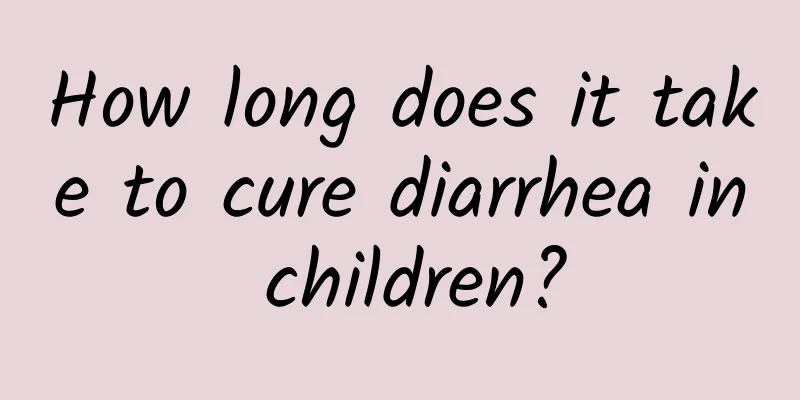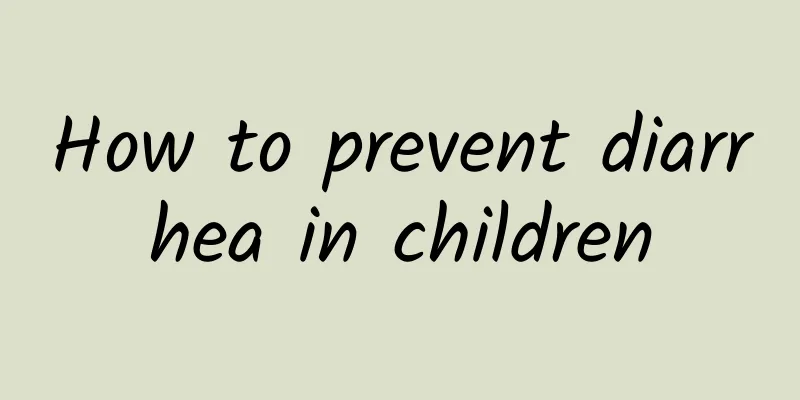What are the symptoms of neonatal pathological jaundice?

|
Neonatal pathological jaundice often manifests as jaundice within 24 hours after birth, jaundice gradually extending to the whole body, and a significant increase in serum bilirubin, accompanied by symptoms such as mental depression and loss of appetite. Medical diagnosis and treatment should be sought in a timely manner. Pathological jaundice may involve abnormal bilirubin metabolism, infection, hemolysis and other causes. Professional evaluation is required to identify the cause and take targeted treatment measures. 1. Time and extent of jaundice If jaundice appears within 24 hours after birth, or the jaundice quickly spreads from the face to the whole body, especially when the soles of the hands and feet turn yellow, it often indicates pathological jaundice, which is related to the insufficient ability of the newborn liver to process bilirubin or other diseases. In this case, you should go to the hospital in time to check serum bilirubin and other tests to determine whether it is pathological jaundice. 2Common associated symptoms Pathological jaundice is often accompanied by obvious systemic symptoms, such as persistent mental depression, drowsiness, decreased appetite, and even slow reaction and decreased muscle tone. In severe cases, bilirubin encephalopathy and kernicterus may occur, which can manifest as convulsions, screaming, and even coma, which are life-threatening and require immediate medical attention. 3 Potential Cause Analysis ①Genetic factors: Certain neonatal genetic diseases, such as glucose-6-phosphate dehydrogenase G6PD deficiency, can cause bilirubin metabolism disorders. ②Infection and inflammation: Neonatal infections such as sepsis or intrauterine infection may cause jaundice. ③Hemolysis: Hemolysis caused by blood type incompatibility between mother and fetus, such as ABO or Rh blood type incompatibility, is one of the most common causes of pathological jaundice. ④Abnormal liver function: Biliary atresia and other bile excretion disorders are also one of the causes. 4 Treatment methods Treating the cause is key: ① Phototherapy: Phototherapy is the most common treatment method and can accelerate the metabolism of bilirubin. ② Exchange transfusion therapy: Severe pathological jaundice requires exchange transfusion therapy to quickly reduce serum bilirubin levels. ③Drug treatment: If jaundice is caused by infection, antibiotics can be used to eliminate the infection. Complications are also managed to ensure early detection and intervention. Early detection and treatment are the key to dealing with neonatal pathological jaundice. If jaundice is found within 24 hours after birth or rapidly worsens, the newborn can be taken to receive professional diagnosis and treatment immediately to avoid serious complications such as bilirubin encephalopathy. Paying attention to prenatal and postnatal examinations can effectively reduce the risk of pathological jaundice. |
<<: What are the Chinese medicines for treating children's colds?
>>: Which department should children with mumps go to?
Recommend
What should mothers with breast-feeding jaundice pay attention to in their diet? Is it helpful for mothers with breast-feeding jaundice to drink more water?
Jaundice in children is a relatively common pheno...
Is breast milk diarrhea harmful to the body?
What harm will breast milk diarrhea bring to the ...
Causes of Hirschsprung's disease in adults
We all know that congenital megacolon mainly occu...
What should I do if my child has a cold and cough? Treat him/her promptly
Cold and cough are very common diseases in childr...
Symptoms of pathological jaundice How long will pathological jaundice last
Any disease will cause some harm to human health....
Home care for pneumonia in children
The treatment of pneumonia is very important. Peo...
What should I do if my five-month-old baby has a cough? What are the methods to relieve the cough of a five-month-old baby?
If a five-month-old baby has a little cough, it m...
Should we be careful about influenza in children in autumn and winter? Five pathogenic factors of influenza in children
Childhood influenza mainly refers to infant influ...
Will the baby's pneumonia be cured after the sputum is discharged?
Generally speaking, if the baby has symptoms such...
Is it easy to cure diarrhea in children?
Children will often encounter symptoms of pediatr...
The difference between herpetic pharyngitis and hand, foot and mouth disease
Herpangina and hand, foot and mouth disease are t...
What foods can help adults with hand, foot and mouth disease recover quickly?
Adults with hand, foot and mouth disease can eat ...
What causes hand, foot and mouth disease?
Hand, foot and mouth disease can occur in any sea...
Can breast milk diarrhea heal itself without treatment?
Can breast milk diarrhea heal itself without trea...
What is the reason for the baby to have phlegm without coughing?
The adverse symptom of babies having phlegm witho...









